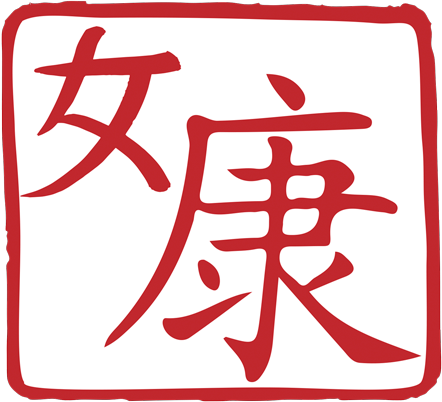Biodynamic Craniosacral Therapy
Craniosacral Therapy is a gentle but profound healing modality that assists and supports the body’s inherent capacity for self-repair and regeneration. It takes a client-centred approach that appreciates the body as a whole and intelligent system of function.
The various modern approaches to Craniosacral Therapy have their roots in the work of William Garner Sutherland (1873-1954). Sutherland was an American osteopath and a student of Andrew Taylor Still, the founder of Osteopathy. Sutherland’s work spanned over 50 years and is practised by many osteopaths who refer to it as Cranial Osteopathy. In the late 1970s another American osteopath, John Upledger, began to teach cranial work to non-osteopaths, and coined the name ‘Craniosacral Therapy’.
How does Craniosacral Therapy work?
Craniosacral Therapy (CST) uses light and non-invasive touch, working in collaboration with the body. Craniosacral Therapists ‘listen’ with their hands to the motion of the craniosacral system, which can provide deep insight into how our bodies are expressing health.
The cerebrospinal fluid at the very core of the body, which bathes the central nervous system, has an inherent fluctuation that can be sensed as a ‘tide-like’ motion. This motion can be felt through the bones of the skull and sacrum, but can also be sensed throughout the whole body, carried by the body’s fluids. The free-flow of this movement, or ‘tide’, is essential to the health of every cell and system. Craniosacral Therapists help facilitate the processes of change necessary for healing to take place by working with this craniosacral system.
What conditions can it help with?
What is unique about Craniosacral Therapy is its ability to work with the source of symptoms on every level, whether mental, physical or emotional, and can therefore address a wide variety of conditions.
For example, if the body has had to cope with illness, injury, shock or long-term stress, then its capacity for self-healing can become compromised.
Commonly, Craniosacral Therapy can help with issues such as:
- Stress and trauma
- Chronic fatigue
- Back pain
- Headaches and migraines
- Joint pain
- Digestive disorders
- Emotional and psychological disturbances
Craniosacral therapy can help the whole person to recover a sense of vitality and flow, allowing the body to subtly re-organise and re-balance towards its original state of health. Therefore, it can also be used to support overall health and wellbeing on an ongoing basis, helping to develop a sense of grounding and resilience throughout life’s challenges.
NB. Craniosacral Therapy is not intended as primary healthcare but to work alongside the relationship you have with your doctor.
What can I expect from a session?
In your first session, your practitioner will take a comprehensive case history. During your treatment, they will make gentle, non-invasive contact on different areas of your body with an attentive and non-judgmental presence.
Your practitioner uses their hands and senses to listen to the subtle rhythmic motions in your body, as well as to where there might be places of ‘stuckness’ or stasis. Because the body functions as a whole, your practitioner may focus on areas other than where your symptoms occur. Through the session, they help support the unfolding of the healing process guided by your body’s own profound intelligence.
Many people report feeling deeply relaxed during a session and replenished in the days after. Sometimes more complex or challenging experiences can arise during treatment. This is normal and each person’s experience will be unique according to their body’s individual needs and priorities.
Will Craniosacral Therapy only involve my head and spine?
Do I need to undress for the session?
Clients remain fully clothed through the duration of the session.
How many sessions will I need?
Craniosacral Therapy allows the process of change to take place by meeting your body at its own pace, so treatment may be quick or require several sessions – the number of sessions will vary from person to person.
Some people like to continue receiving treatment even after their symptoms have resolved for the maintenance of good health, finding that CST supports them in other areas of life.
How much does it cost?
- £65 for 75 minutes initial appointment
- £60 for 60 minutes follow-up appointments
- £10 discount for NHS Staff and NUS Students
- Bundle of 3 sessions for £165, saving £15 (payable in advance)
Useful Links
https://www.karuna-institute.co.uk/
http://cranio.co.uk/biodynamic-craniosacral-articles/index.shtml

Contact the Alma Vale Centre to book an appointment.


